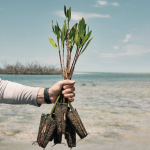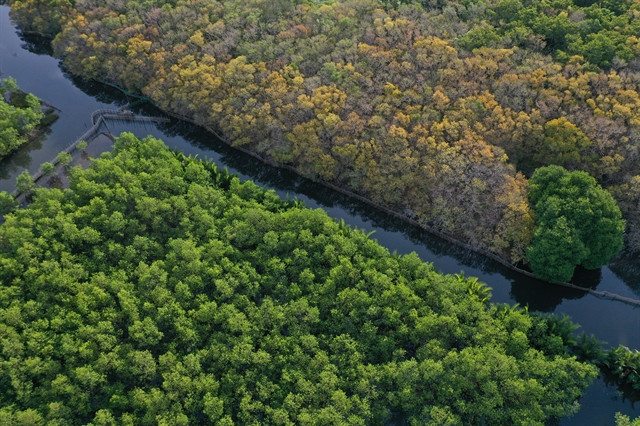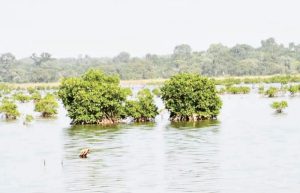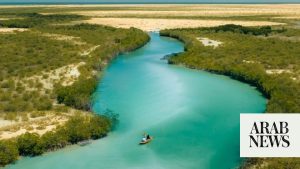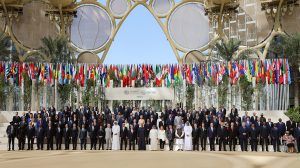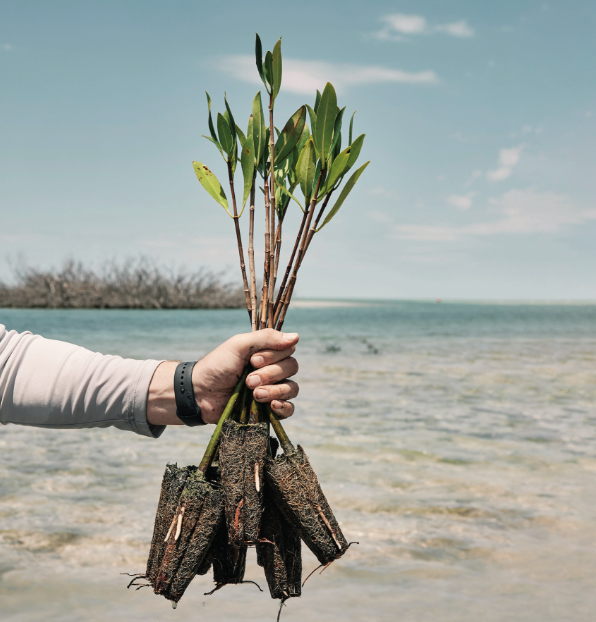Importance of Mangrove Forests in Climate Change discussed
Mangrove forests, such as Rú Chá in Thừa Thiên Huế Province, are playing a crucial role in protecting the environment and communities from the impacts of disaster and climate change. These forests are not only valuable resources for local communities, but they also contribute to blue carbon ecosystems, making them important assets for sustainable carbon financing and climate change mitigation. This significance of mangrove forests was highlighted during an international workshop titled Leveraging Plural Values of Mangroves for Climate Change Mitigation and Adaptation Goals. Hosted by the Ministry of Agriculture and Rural Development (MARD), the United Nations Development Programme (UNDP), and Thừa Thiên Huế provincial People’s Committee, the workshop brought together global experts, government officials, and local stakeholders to share knowledge and experiences on mangrove forest management and financing efforts for protection and restoration.
During the two-day event, participants explored the multifaceted role of mangroves in environmental and community well-being. Deputy Minister of Agriculture and Rural Development, Nguyễn Quốc Trị, emphasized the Vietnam governments commitment to improving forest management policies, particularly coastal mangrove forests. He called on coastal provinces to intensify forest protection and afforestation efforts, while the ministry works on refining forestry policy mechanisms. The workshop also featured speeches from Ramla Khalidi, UNDP Việt Nam Resident Representative, who praised Vietnams leadership in mangrove conservation. She highlighted collaborative projects with MARD, including the planting and rehabilitating of mangrove forests, as well as ongoing efforts to protect and generate additional mangrove areas financed by Canada.
Alex White from the United Kingdoms Department of Environment, Food & Rural Affairs acknowledged the importance of mangrove forests in addressing climate change, biodiversity loss, and sustainable development. He commended the collaboration with UNDP in exploring the benefits of these ecosystems. Clea Paz-Rivera from UNDP emphasized the global significance of mangroves in carbon sequestration and coastal protection. Vu Tan Phuong from the Vietnam Forest Certification Office shared the critical role of the forestry sector in carbon storage and emission reduction, and the development of carbon market plans.
The workshop also included insights from experts from Sri Lanka, Indonesia, and Singapore. They emphasized the urgency of preserving mangrove ecosystems in the face of global climate challenges. Maitreyee Mukherjee from Singapore analyzed carbon markets, carbon taxes, and Emission Trading Systems (ETS) and their potential role in sustainable forest management. The Thừa Thiên Huế plain, where the workshop took place, is known for its lagoons and biodiversity. The Tam Giang-Cầu Hai lagoon system, the largest in Southeast Asia, is home to numerous endangered species and serves as a vital source of food and habitat for migrating bird species.
Overall, the workshop provided an important platform for sharing knowledge and experiences on the role of mangroves in climate change mitigation and adaptation. Experts, government officials, and stakeholders from both Vietnam and international communities came together to discuss and explore ways to protect and restore mangrove forests, harnessing their blue carbon potential, and developing sustainable financing pathways for their conservation efforts.
[source: vietnamnet.vn]
